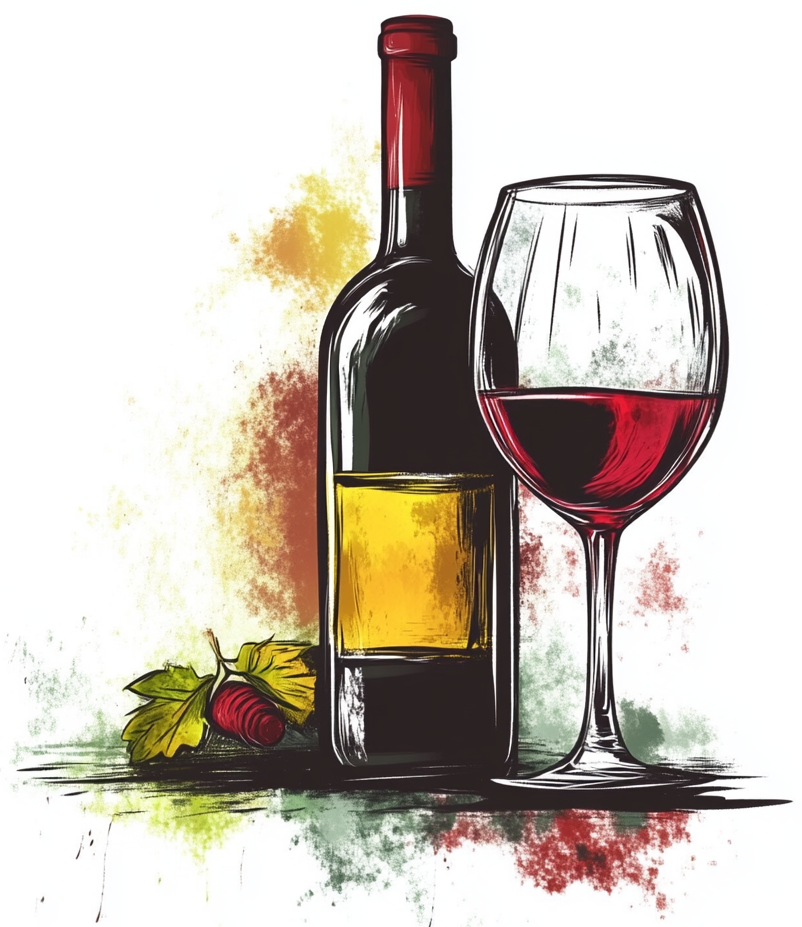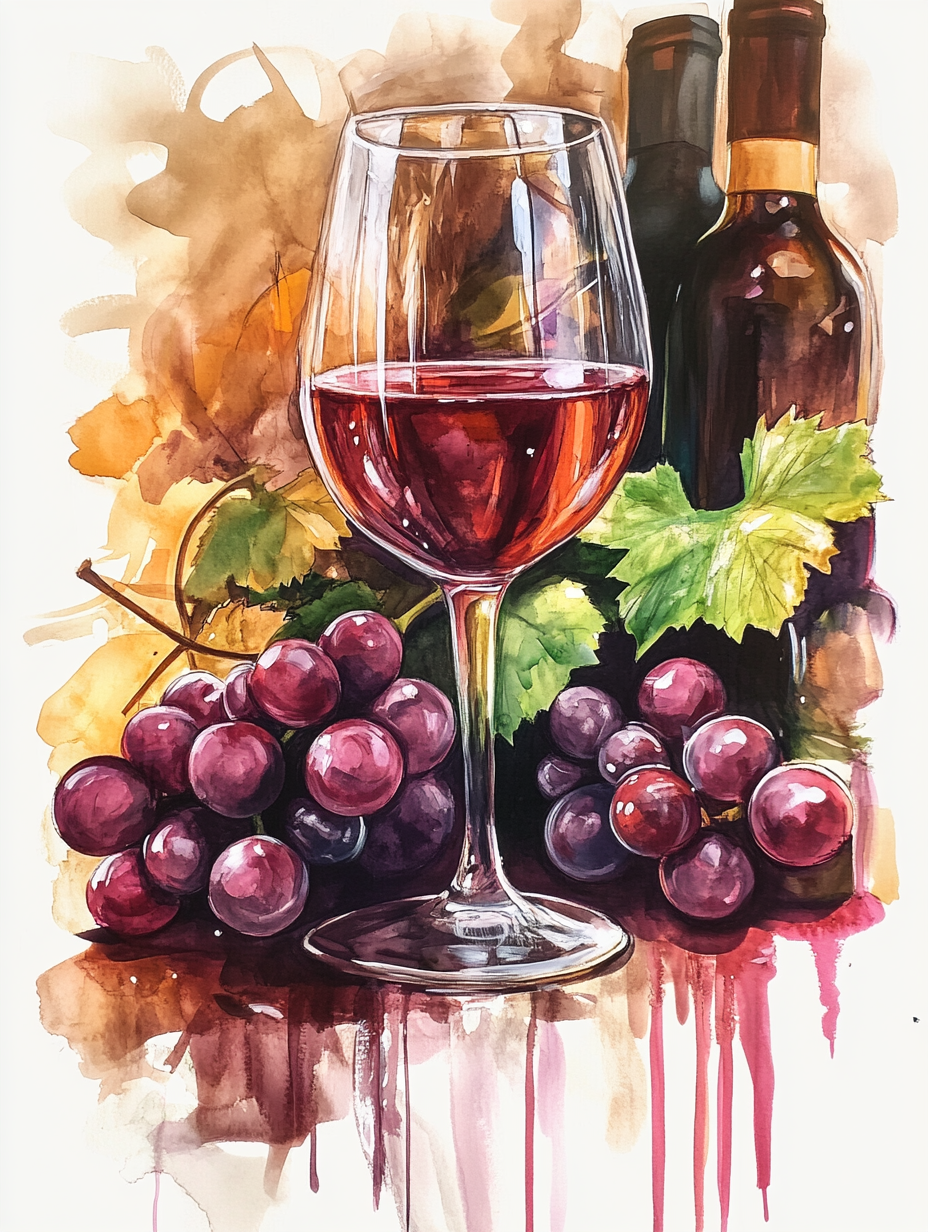For over 6,000 years, wine has been humanity’s companion—celebrated in rituals, romanticized in poetry, and debated in labs. But is it a vice or a virtue? Modern science uncorks a compelling truth: when sipped wisely, wine might just be one of nature’s most sophisticated health tonics. Let’s explore why a glass a day could keep more than stress at bay.
The French Paradox: A Clue in a Cabernet Bottle
In the 1980s, researchers stumbled upon a mystery: the French, despite their buttery croissants and creamy cheeses, had shockingly low rates of heart disease. The culprit-turned-hero? Red wine. Packed with polyphenols—potent antioxidants like resveratrol—it appeared to armor arteries against cholesterol’s siege.
But how? These compounds, abundant in grape skins, act as cellular bodyguards. They neutralize free radicals, reduce inflammation, and even improve blood flow. A 2023 Harvard study found moderate red wine drinkers had a 30% lower risk of heart disease than abstainers. Yet, the key word is moderate. One glass for women, two for men—cross that line, and benefits evaporate like spilled Merlot.
The Brain’s Vintage Upgrade
Could wine make you sharper? Research suggests yes. Resveratrol doesn’t just protect hearts; it’s a neuroprotectant. By boosting blood flow to the brain and shielding neurons from amyloid plaques (linked to Alzheimer’s), it might keep minds agile.
In a 7-year study of 5,000 adults, those who drank wine moderately scored 23% higher on cognitive tests. “It’s not about getting tipsy,” clarifies neurologist Dr. Elena Ruiz. “It’s the polyphenols’ dance with our neural pathways.”
But wait—does this apply to boxed wine? Sadly, no. Cheap wines often lack the skin-contact time needed for robust polyphenol content. Quality over quantity, always.
Longevity’s Secret Ingredient: A Sip of the Mediterranean
In Sardinia’s “Blue Zones,” where centenarians outnumber traffic lights, wine is a dietary staple. Here, it’s not a happy hour habit but a sacred mealtime ritual. Paired with plant-based diets and social connection, it’s part of a longevity trifecta.
Why It Works:
- Gut Harmony: Wine’s polyphenols feed beneficial gut bacteria, crucial for immunity and metabolism.
- Stress Shield: Moderate drinking lowers cortisol, the “stress hormone,” by 17% (University of Chicago, 2021).
- Social Glue: Shared bottles foster community—a proven longevity booster.
Yet, the Sardinians drink cannonau, a tannic red with triple the resveratrol of average wines. Imitation tip: seek bold, dry reds like Malbec or Nebbiolo.
The Diabetes Dilemma: Sweet Spot or Slippery Slope?
Can wine help regulate blood sugar? Surprisingly, yes—with caveats. Dry wines have minimal residual sugar, and their antioxidants improve insulin sensitivity. A meta-analysis in Diabetes Care found moderate drinkers had a 40% lower risk of Type 2 diabetes than teetotalers.
But sweet wines? They spike glucose like candy. And for diabetics, alcohol’s interaction with meds requires caution. As endocrinologist Dr. Amara Singh warns: “Wine isn’t insulin. It’s a tool, not a treatment.”
The Dark Side of the Vine: When Benefits Ferment into Risks
Let’s crush the fantasy: wine isn’t a magic potion. Overindulgence flips benefits into dangers—liver disease, addiction, breast cancer risks. Even resveratrol can’t offset binge drinking’s havoc.
The Fine Line:
- Moderate: 1–2 glasses daily, with food.
- Heavy: 3+ glasses daily. Hello, health hazards.
And genetics matter. Some metabolize alcohol poorly, turning even modest sips into toxins. DNA tests like 23andMe now screen for this, because personalized health > old-school advice.
To Drink or Not to Drink? A Modern Verdict
Wine’s health halo glows brightest when paired with balance. The Mediterranean diet—olive oil, fish, veggies, and yes, wine—is gold-standard for a reason. But replace kale with fries, and that Cabernet can’t save you.


Leave a Reply